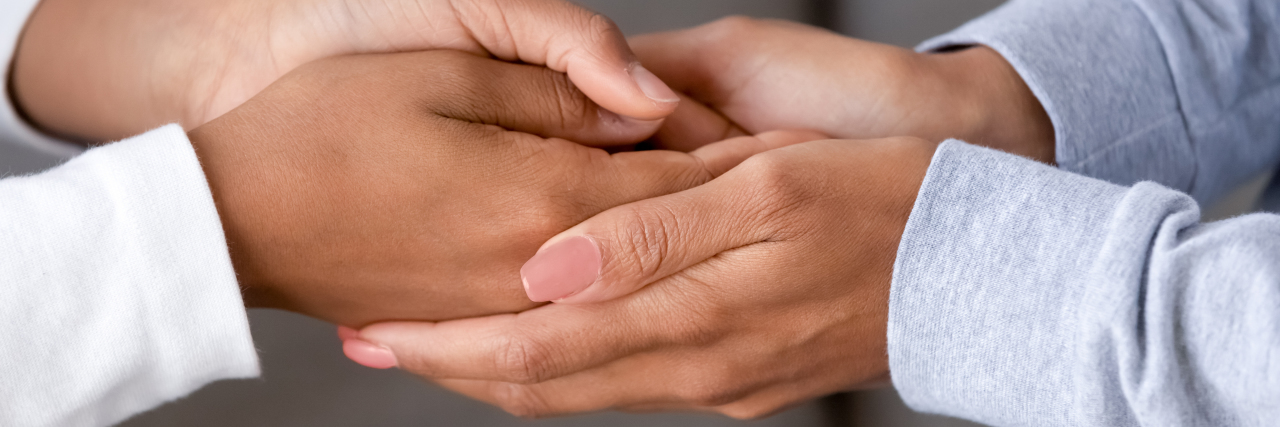The Unexpected Struggles I Face as an Empath With a Chronic Illness
Empathy is defined by Webster’s Dictionary as “the ability to understand and share the feelings of another.” According to Psychology today (2016) empathetic people tend to “have huge hearts but sometimes give too much.”
Time management and learning to say “no” are great tools for empaths who are able-bodied, but how does an empath with a chronic illness manage?
I’m speaking from experience here. I am a self-diagnosed empath who is the first to sit with a friend in despair, the one children run to when their knee is bruised (or worse) their feelings are hurt, the one who makes all the casseroles for the family who learned about a health scare or is facing a crisis. I am a doer of the things and take care of others around me, often at the expense of my own well-being.
And I was the one who was bitter when the diagnosis came down, a rare chronic illness, Mal de Debarquement syndrome, that would forever change my life, and the casseroles didn’t show up. And the friends didn’t come to sit.
I felt alone (like really, really alone) even though I had a loving family and friends surrounding me.
I often navigated the first months of my initial diagnosis on my own, my head reeling from the doctors telling me things that were alarming. I was paraded around a teaching hospital for all the neurologists in residence to see the rare girl — the one who passed every scan but couldn’t stand up with her feet together without falling over. I called for a ride home because the caloric vestibular test (the one where they irrigate warm water into your ear canal for minutes) caused me to vomit so much that I was scared to drive home. I went to follow-ups and listened to the resounding “there is nothing more we can do” alone. And I cried alone.
As an empath, we are sensitive and we feel deeply, but we are innately introverted and struggle to ask for help. We are the doers of the things. How can we expect others to be our doers?
It wasn’t until a year later when I told the moms, the ones I had talked to in the halls of my children’s school or prayed alongside at church, that I was heading for a week-long experimental research study 10 hours away from home, that they showed up. My family took care of the kids, but those moms said thank you for helping my kids feel safe and loved while I was away. Those moms were the ones who showed up with the casseroles after we returned from the study to ensure my primary focus was on recovery and my family.
I realized quickly that I had to learn to ask for help when I needed it. Others weren’t going to show up when I was feeling low or my symptoms were high unless I told them.
And show up they did. These moms have become my dearest friends. They are the ones who check in with me when they don’t see me in the pickup line. They are the ones who send me messages of hope to help lift my spirits. They are the ones who invite me again and again and don’t question when I say it may need to be a game-time decision, or I ask for a rain check. They are the ones who meet me at home for coffee or tea, knowing being in public places or out in the evenings can be too overstimulating for my vestibular system.
A great friend once told me women are always looking for circles of friends, but she instead looks for curves of friends. There’s always room to squeeze in one more. I loved this concept and have grown to love my curve of friends who meet me where I’m at and love me for all that I am. And I am able to live out my empath life sitting with them and doing things such as making dinners when they’re in crisis only if my body feels up to it. If not, I have the phone number for a great delivery place on speed dial.
Getty image by Fizkes.

